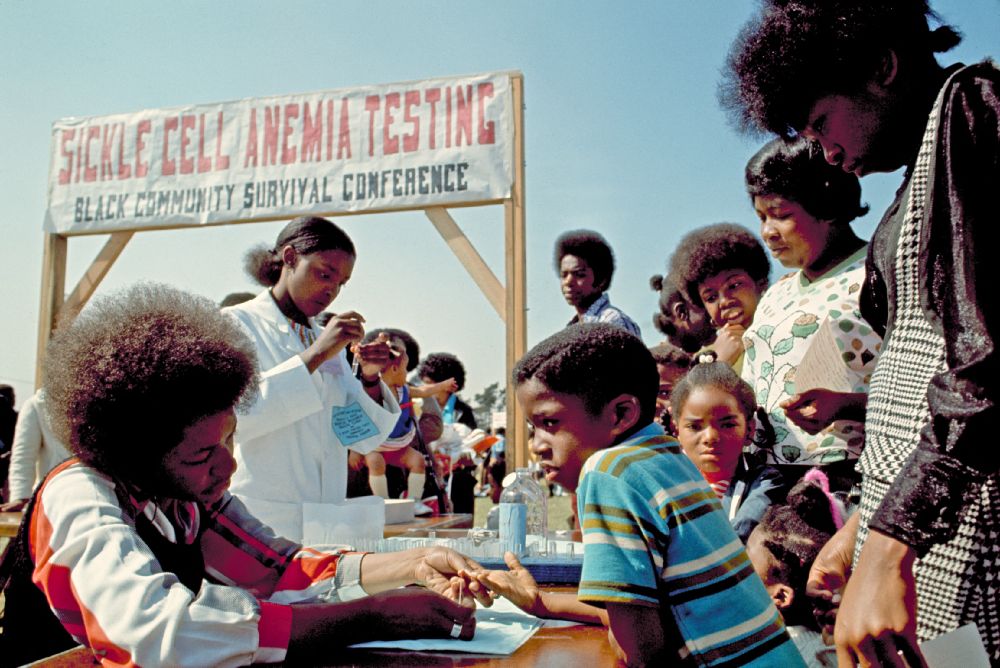Why I Read ‘Black Perspectives’

Engaging with Black Perspectives on a daily basis is akin to having a seat at the table of an ongoing discussion between scholars and the public on the Black experience worldwide. When I cannot get that sort of inclusivity in my day to day life as a Black graduate student on campus, I can count on getting it from Black Perspectives. It represents the diversity of experiences and the commonalities we share. It is pop culture and theory. It is politically engaged scholarship that is public-facing and centered in justice. It is an emancipatory site. It regularly reminds me that there are people all over the world connected to this internet “hub” to share information and ideas that would otherwise take years to exchange.
I’m still inspired by the swiftness of technology to support this kind of engagement. The comment section allows people to speak back, call out, and co-sign as someone might do in a community meeting, which is politically important in this time where the public can feel disengaged with the academy and vice versa. The two communities need each other and I think the site fosters that discussion. It is a clear example of how Black Perspectives walks the talk.
The syllabi, especially the #Blackpanthersyllabus, supported me with a recent historiographical assignment. When I conducted an oral interview with a man of the Baha’i faith, I was able to find a 2016 post by Guy Emerson Mount about W.E.B. Du Bois and the role the Baha’i faith played in his life and thought. I emailed the post to the person I interviewed and we were able to have a delightful discussion about the history of Black Baha’is and civil rights activism. In this way, Black Perspectives tied our lived experiences together. My work as a interviewer was enhanced by the blog and I was able to share the piece with this person to get their take on what was written. This was all within the context of my research on Black people in Appalachia.
Black Perspectives inspires the work I do as a graduate student and the work I hope to do in the future as an historian. It reminds me that there is a place for engaged, public-facing, scholarship on Black thought and culture, and that the people writing histories are accessible and on social media. I think Black Perspectives makes this history thing much more cool. It is fully engaged with the present, which seems to me to be the goal of teaching and writing history itself.
We need Black Perspectives for the platform it provides but also because of the connections it fosters. It is how I find Black intellectual community and the courage to continue following the threads of curiosity that lead me to “keep on keeping on.”
*Click here to subscribe to the blog, and click here for more details on AAIHS membership.
Copyright © AAIHS. May not be reprinted without permission.